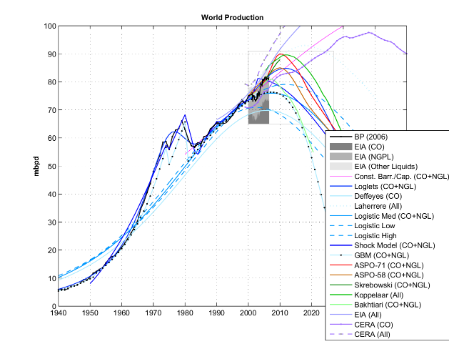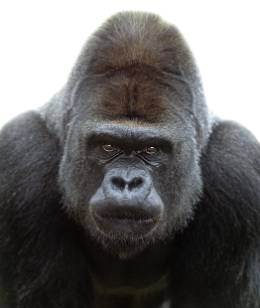With Christmas fast approaching, here in the Nature Live team we were thinking what would be a good subject to cover? Robins, mistletoe, frankincense? No, we decided to go with the story of the whale that swam up The Thames nearly 4 years ago! Sadly it died but did you know that we have its skeleton here in our reference collection?
Today we spoke to Louise Tomsett, mammal curator at the Museum, who talked us through the long and somewhat gory process that got it from the dockside into our collection. It took nearly a month and involved stripping and cleaning each of the bones individually in large vats of detergent. To get the really small bones clean they used the Museum’s smallest workers…flesh-eating beetles! It wasn’t until all the bones were clean that they could start piecing the skeleton together.
The Thames Whale holds a special place in the hearts of Londoners and it’s good to know that it will be preserved forever in the national collection where scientists researching these fascinating animals can study it.





